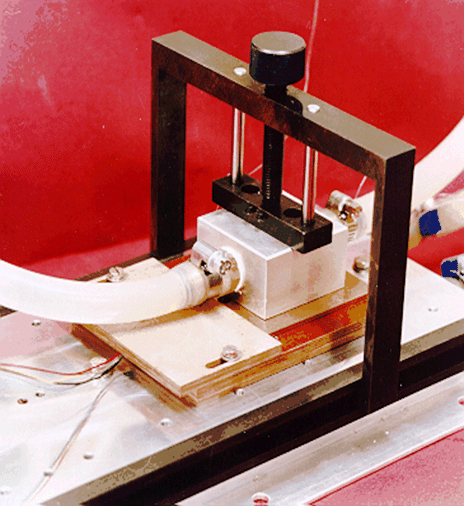
Vladimír Székely
It was great to read that Dr. Vladimír Székely, has received the Dennis Gabor Award for Innovation for his work leading the team at MicReD on the development of the T3Ster (pronounced “trister”) technology. Congratulations Vladimír, it is richly deserved.
The Dennis Gabor (original Hungarian: Dénes Gábor) Award is Hungary’s highest technical honor, named after the Hungarian electrical engineer and inventor of holography, for which Gabor received the Nobel Prize in physics in 1971. Dr. Székely is a member of the Hungarian Academy of Sciences. He has published around 400 technical papers and developed the mathematical background of the structure function based thermal transient methodology some 20 years ago.
I’ve been involved with MicReD since the late 1990s when MicReD and Flomerics were involved in the EU-funded PROFIT project (Prediction of Temperature Gradients Influencing the Quality of Electronic Products) led by Philips and involving a number of leading European semiconductor companies. The project aimed to take the Double Cold Plate technology (see image below) developed during the earlier DELPHI and SEED projects and extended the measurements to the transient domain, requiring fast, accurate thermal test equipment. MicReD’s role was to deliver that, which they did with flying colors by developing prototype T3Ster hardware and structure function software under Vladimír’s leadership.

DELPHI Double Cold Plate
MicReD are a spin-off company created by researchers of the Department of Electron Devices at the Budapest University of Technology and Economics, where Vladimír is a professor. They were acquired by Flomerics in 2005, after we were able to convince MicReD’s management team that the combination of their technology with Flomerics’ world-wide sales and marketing infrastructure was a winning combination. I had the great pleasure of working with the MicReD team to integrate their business into Flomerics, which is now Mentor Graphics’ Mechanical Analysis Division. The T3Ster is the division’s flagship product for advanced transient temperature measurement equipment used for rapid, accurate thermal characterization of semiconductor chip packages, including power LEDs.
MicReD retains its strong links to Budapest University of Technology, where Professor Marta Rencz, head of the MicReD group also heads the Department of Electron Devices, a world renowned research organization in the field of thermal, electro-thermal issues in microelectronic devices.






